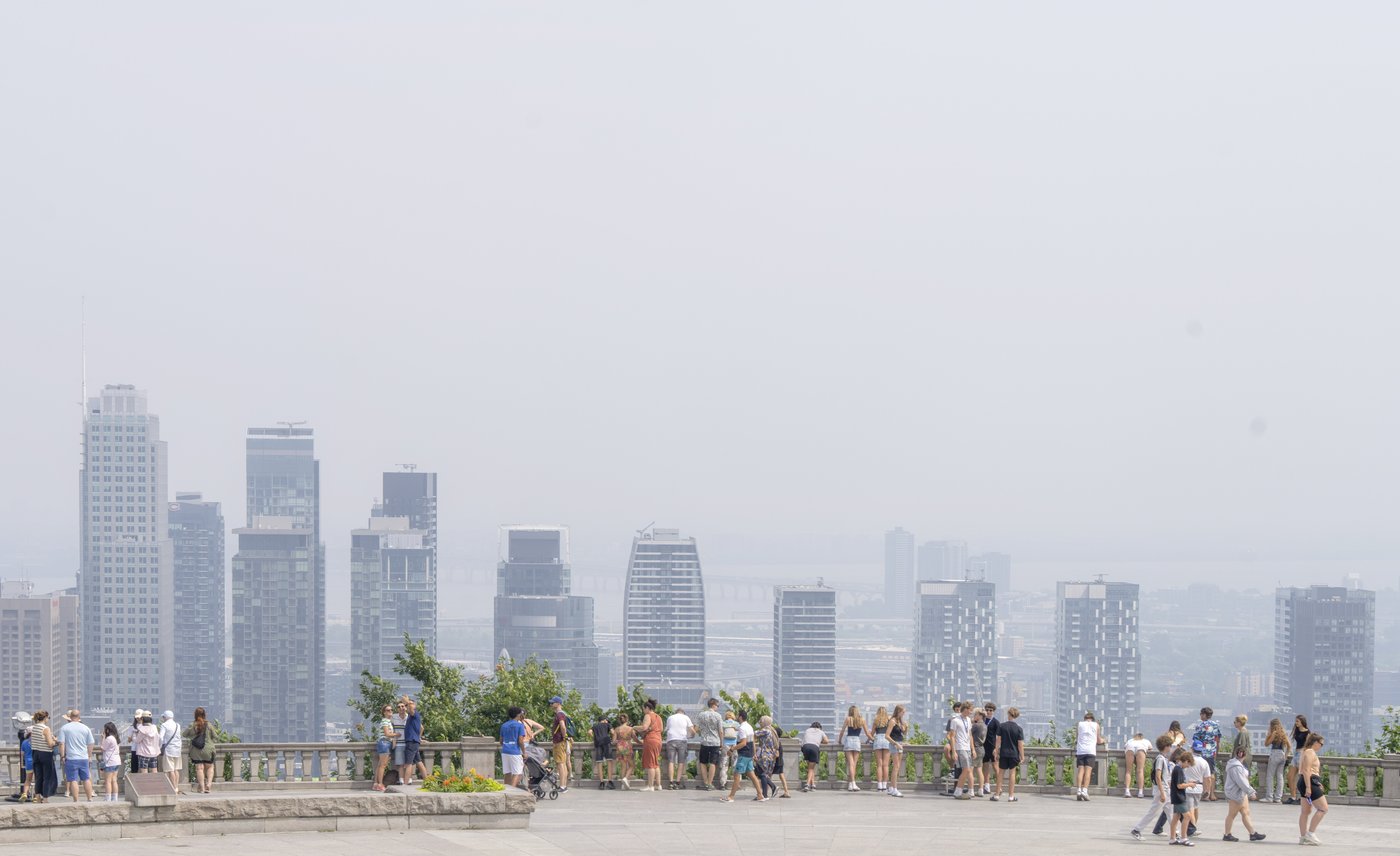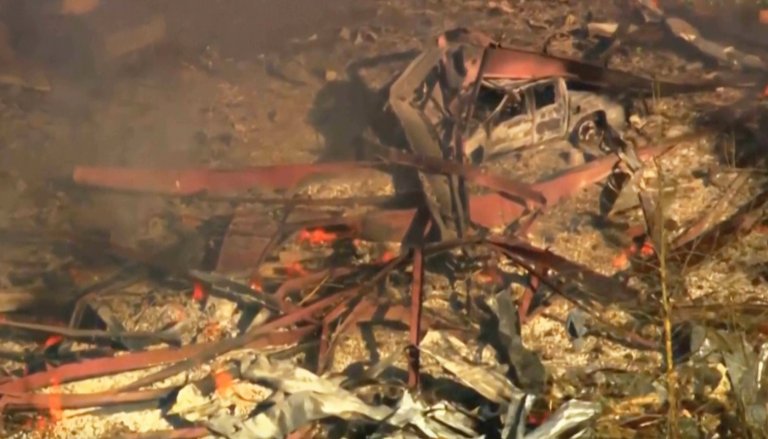
Montreal air quality among worst in the world due to wildfires in Prairies
MONTRÉAL — Environment Canada has issued air quality warnings across southern Quebec due to smoke from wildfires in the Canadian Prairies.
IQAir, a Swiss air quality technology company, on Saturday morning ranked Montreal as the city with the worst air quality in the world. By early afternoon, it had dropped to second place behind Kinshasa, the capital of the Democratic Republic of the Congo.
People should limit their time outdoors and reschedule sports and other outdoor events, Environment Canada says.
“During heavy smoke conditions, everyone’s health is at risk regardless of their age or health status,” the weather agency said in an air quality warning issued Saturday.
Air quality in Quebec is expected to improve Saturday evening and reach more normal levels on Sunday. The smoke will then move toward New Brunswick and the northeastern United States.
A stagnant air mass contributed to the intensity of the smoke on Saturday, but improved air circulation is expected on Sunday.
Environment Canada says those most vulnerable include people with existing health conditions, seniors, pregnant women, infants, and young children, and that they should avoid strenuous outdoor activities and seek medical attention if experiencing symptoms.
Mild symptoms include eye, nose and throat irritation, headaches and mild coughing. More serious symptoms include wheezing, chest pains and severe coughing.
Environment Canada says people should keep windows and doors closed as much as possible while indoors. Wearing N95 masks outdoors can reduce exposure to fine particles, the agency says.
Heat warnings are also in effect in southern Quebec for Sunday, Monday, and Tuesday, with temperatures expected to top 30 degrees C during the day and remain above 20 degrees C at night.
The weather agency recommends checking on elderly people and those living alone, and to watch for early signs of heat exhaustion, including headache, nausea, dizziness, thirst, dark urine and intense fatigue.
This report by The Canadian Press was first published July 26, 2025.
Join the Conversation!
Want to share your thoughts, add context, or connect with others in your community?
You must be logged in to post a comment.
















